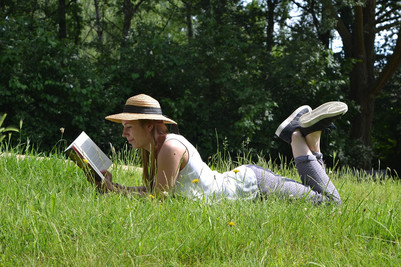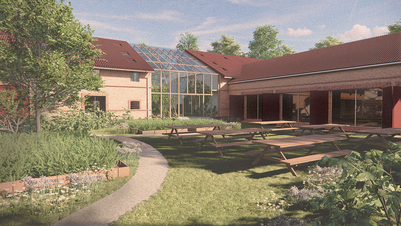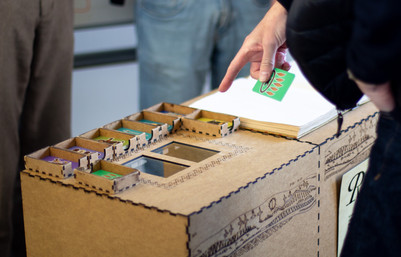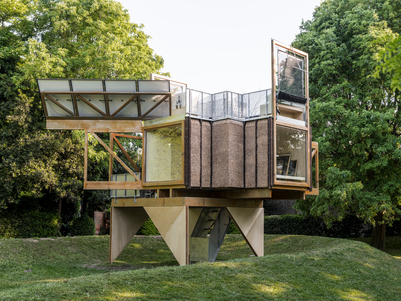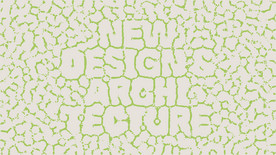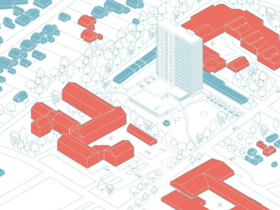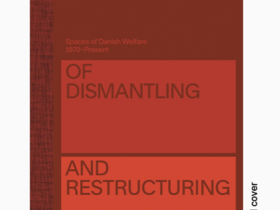
Conference Abstract | Morten Nielsen

Spaces of Withdrawal: Welfare Cities Without Citizens
The making of vibrant welfare cities is often guided by ideals of egalitarianism, strong civic participation and a benevolent public administration. In Denmark, such ideals have come together in the recent tendency among urban practitioners and politicians to promote mixed-income housing and ’compactism’ as harbingers of ’urban liveability’, that is, socially sustainable urban development. Still, at the same time as spatial proximity, cultural diversity and inclusion across different income levels are being promoted as the pillars of welfare urbanism, a growing number of urban residents withdraw from conventional forms of participation, such as neighborhood associations, interest-groups and local municipal institutions. For various reasons, such forms of participation fail to address the concerns that the residents might have and are therefore incapable of producing the forms of urban citizenship that they expect and require from a consolidated welfare city. Based on a discussion of recent changes in Danish urban welfare policies, this paper will discuss urban withdrawal as a reflection of critical dilemmas that are wedged into the fabric of Danish welfare architecture.
Morten Nielsen is a social anthropologist and is currently a research professor at the National Museum of Denmark where he heads the Research Center for Social Urban Modelling (SU-MO). Based on his fieldwork in Mozambique, Scotland, and USA, he has published on issues such as urban citizenship, time and temporality, comedy, human creativity, urban aesthetics, materiality, infrastructure, and political cosmologies.




